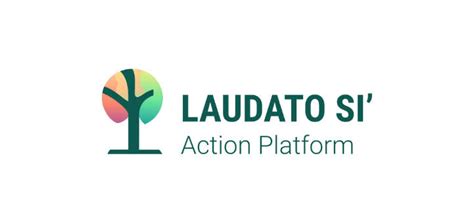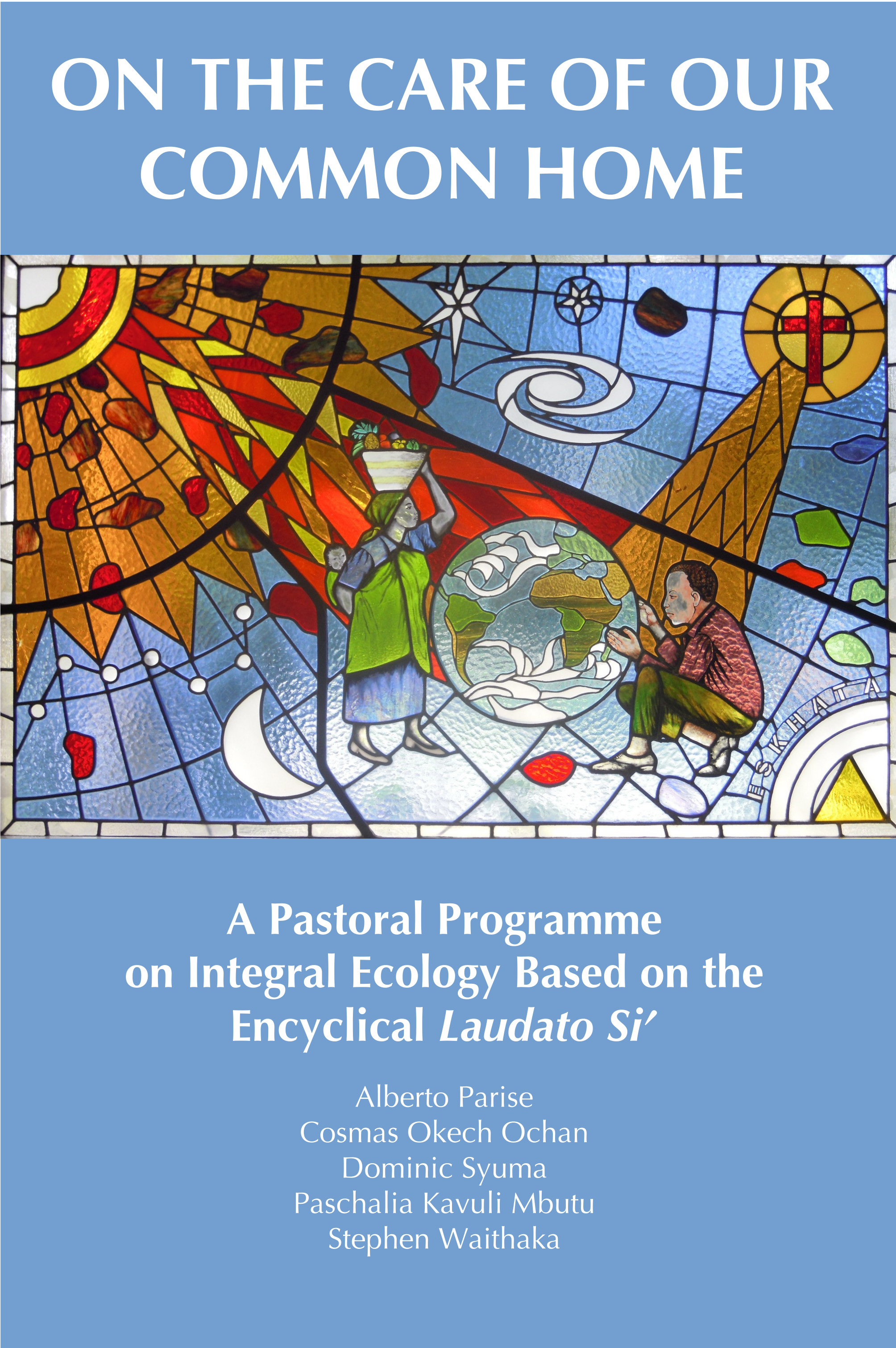The Laudato Si’ Action Platform
Five years after the publication of Laudato si’, Pope Francis wanted to relaunch its message and call for a concrete global commitment to action in 2020, launching the encyclical’s special anniversary year. Scientists studying climate change on behalf of the UN had in fact published studies showing that these changes are due to human interventions in the environment, with a threefold impact: climate change with devastating effects on the planet; staggering loss of biodiversity; and out-of-control pollution.
Faced with the evidence of inadequate intervention to reverse the trends, and that, indeed, the world is accelerating towards the abyss, Pope Francis wanted to revive the call for an ecological conversion. The initial launch of a special anniversary year of the encyclical Laudato si’ (2020-2021) was followed by a much larger commitment: to complete the conversion to integral ecology by 2030, involving the entire Catholic world. The Dicastery for the Promotion of Integral Human Development (DPIHD) has been entrusted with the overall direction of the initiative, which is called the Laudato Si’ Action Platform (LSAP).
The objective is twofold: at the beginning, it is to create a critical mass that can initiate the conversion process. Sociologists tell us that such a critical mass does not need to be huge, 3% of a population is enough, like (evangelical) yeast in the dough (society). In the medium term, the aim is to reach the tipping point, i.e. when the change becomes ‘viral’ and irreversible, which is estimated at the active involvement of 21-25% of a population. What is needed then is a popular movement capable of creating synergy between the commitment and contribution of many different actors in every part of the world. If, for example, the Catholic world gets organized, and even more so networks with other realities of civil society, there is reason to hope for a profound social transformation. A movement is not a homogeneous, centralised, hierarchical organisation. It is rather a highly articulated organism, rooted in local communities, but with a vision, a common horizon, the ability to collaborate and journey together. By joining LSAP, participants commit themselves to discerning, planning and implementing a path of conversion to integral ecology within 7 years. This conversion is guided by 7 Laudato Si’ Goals (LSGs), which are:
- Respond to the cry of the earth
- Respond to the cry of the poor
- Ecological economics
- Adoption of sustainable lifestyles
- Ecological education
- Ecological spirituality
- Community resilience and empowerment
Taking into consideration the Chapter mandate and referring to the 7 Laudato Si‘ Goals, communities are invited to formulate their own Laudato Si’ Action Plan, on an annual basis. In order to discern which concrete actions to undertake, it is advisable to consider the following criteria:
= Starting from what is already being done, enhancing the commitments that are already there.
= A simple and gradual plan, so that it is manageable; but also
= Stimulating and capable of motivating.
= Give priority to the commitments made by the 19th General Chapter.
In practice, the Plan could be drafted as follows:
In a spirit of synodality and to support each other in this commitment, the Comboni communities that join the Laudato Si’ Action Platform can form a network, creating opportunities for sharing, exchange of experiences and good practices, spaces for reflection and in-depth analysis, for example through virtual meetings on the web, which also offer the possibility of interpreting to overcome language barriers.
The individual communities, as well as the network as a whole, also have the possibility of communicating with the outside world – through their own websites and social media – which would have as much a function of accountability through reporting on the journey made, as that of missionary animation and evangelisation.



